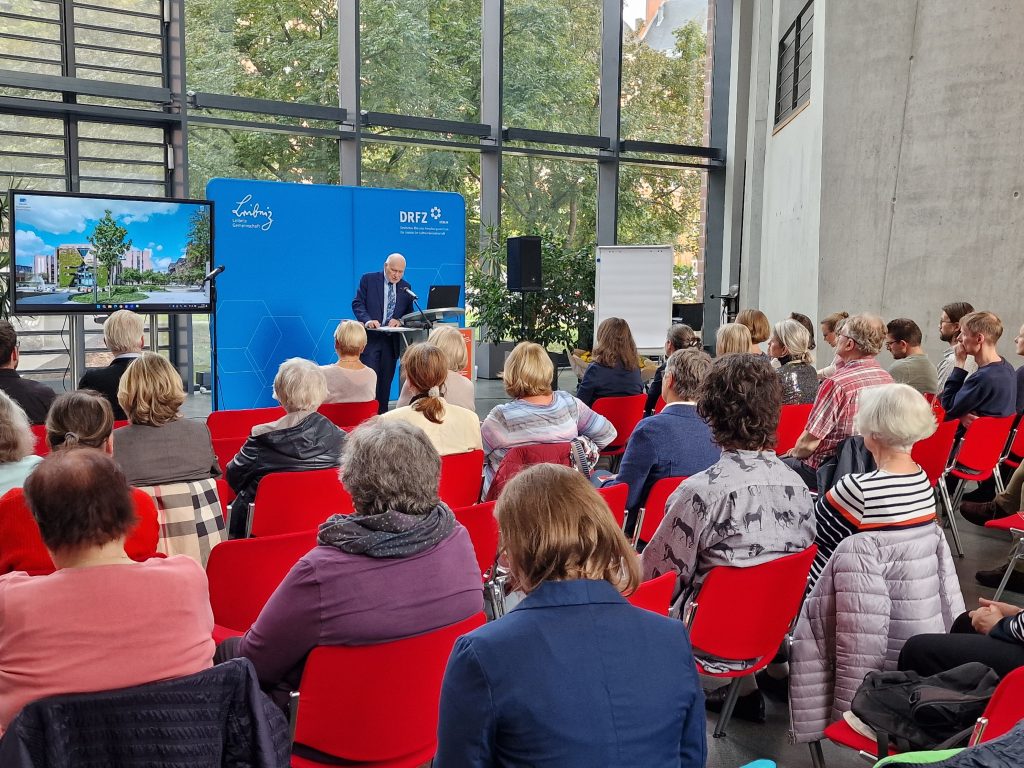Contact points and general information
Patients and relatives
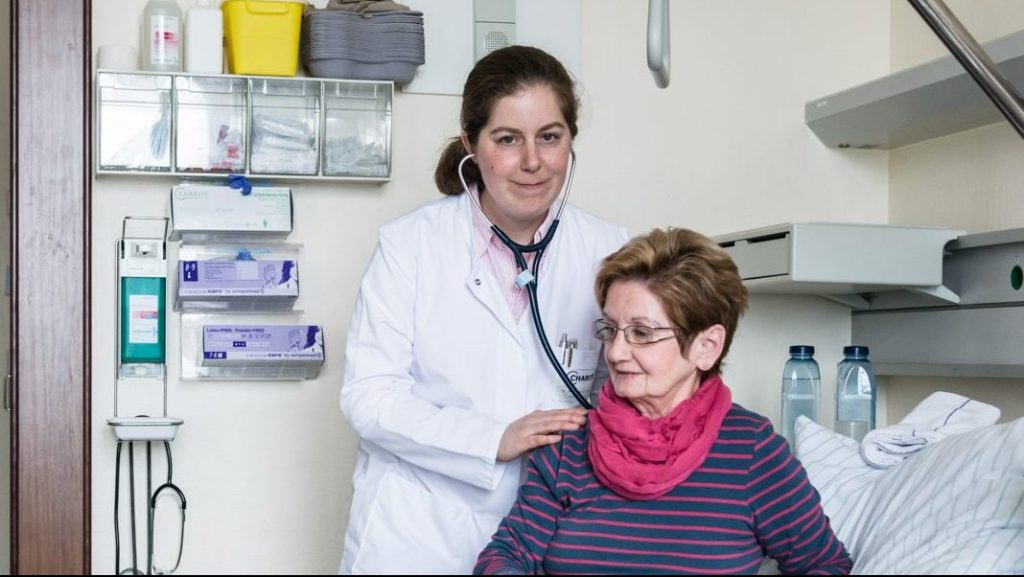
We research the causes and mechanisms of rheumatic diseases to enable more precise diagnoses using cutting-edge technologies, develop personalized therapies, and sustainably improve the quality of life for those affected.
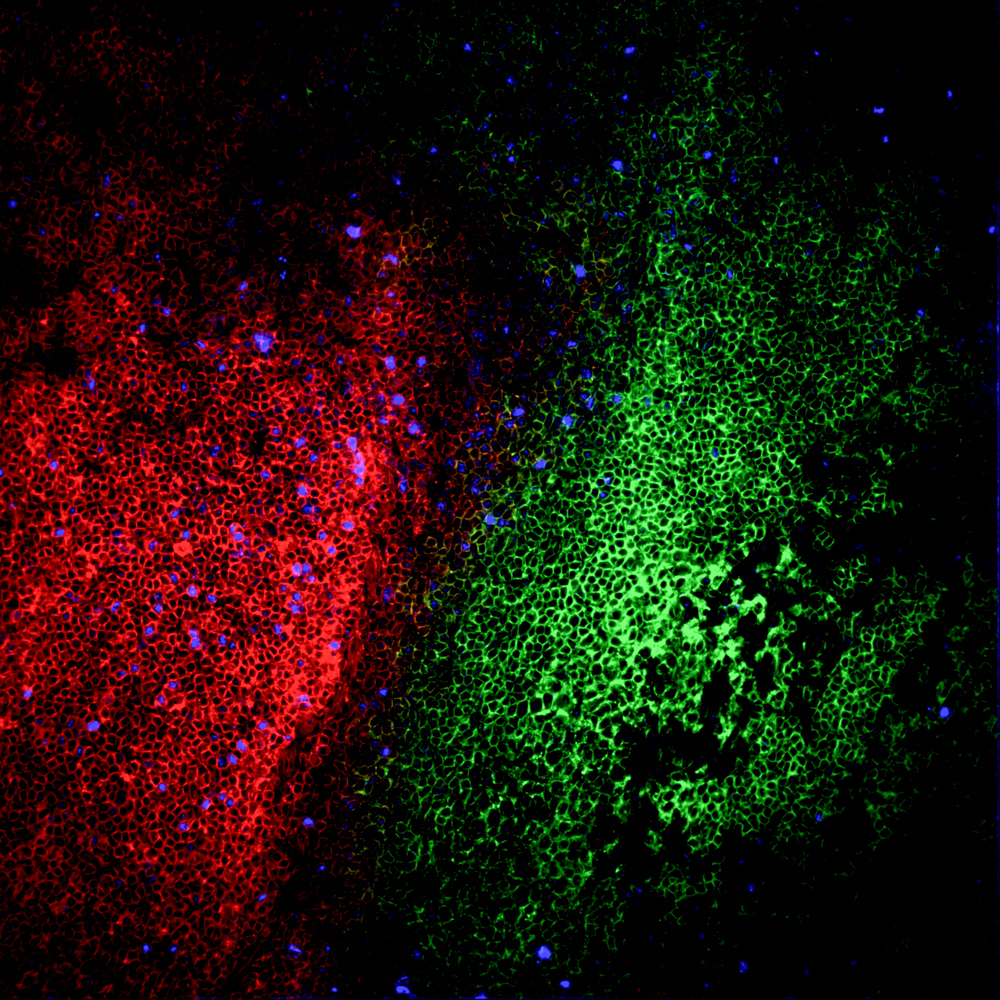
Great research challenges in the face of a serious disease.
Research at the DRFZ focuses on chronic inflammatory rheumatic diseases, which arise from a dysregulation of the immune system. In these conditions, the immune system mistakenly attacks the body’s own cells, leading to irreversible damage, such as the destruction of joint cartilage. Rheumatism is classified as an autoimmune disease, where the immune system can no longer distinguish between “self” and “foreign.”
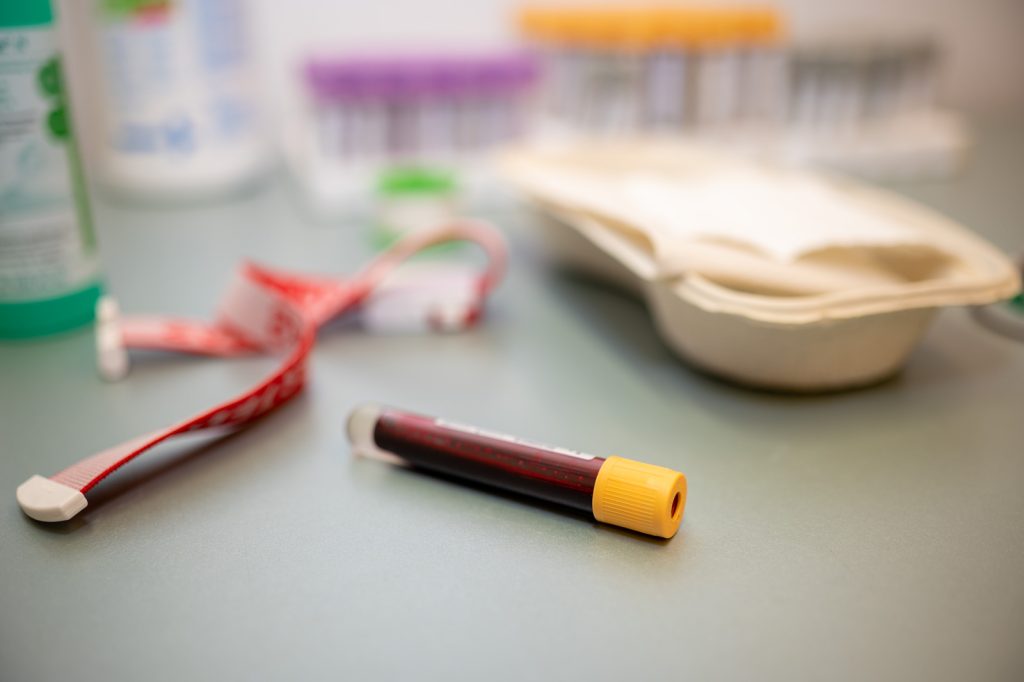
Research and Patient Well-Being.
Although you are at the center of our research, the DRFZ cannot provide medical treatment. Laboratories are not hospitals, and our researchers are not authorized to make diagnoses. However, an early diagnosis is crucial for the course of the disease. If you experience relevant symptoms, you should consult a specialist in rheumatology as soon as possible. You can find contact addresses below.

A Treasure Trove of Rheumatology Data
In the field of epidemiology and healthcare research at the DRFZ, various long-term studies with large patient groups are conducted. These data provide insights into the quality of care for rheumatology patients in Germany and assess the safety and effectiveness of new medications. You can actively contribute to this research by participating in ongoing studies through your rheumatologist. More details can be found in Program Area 2.
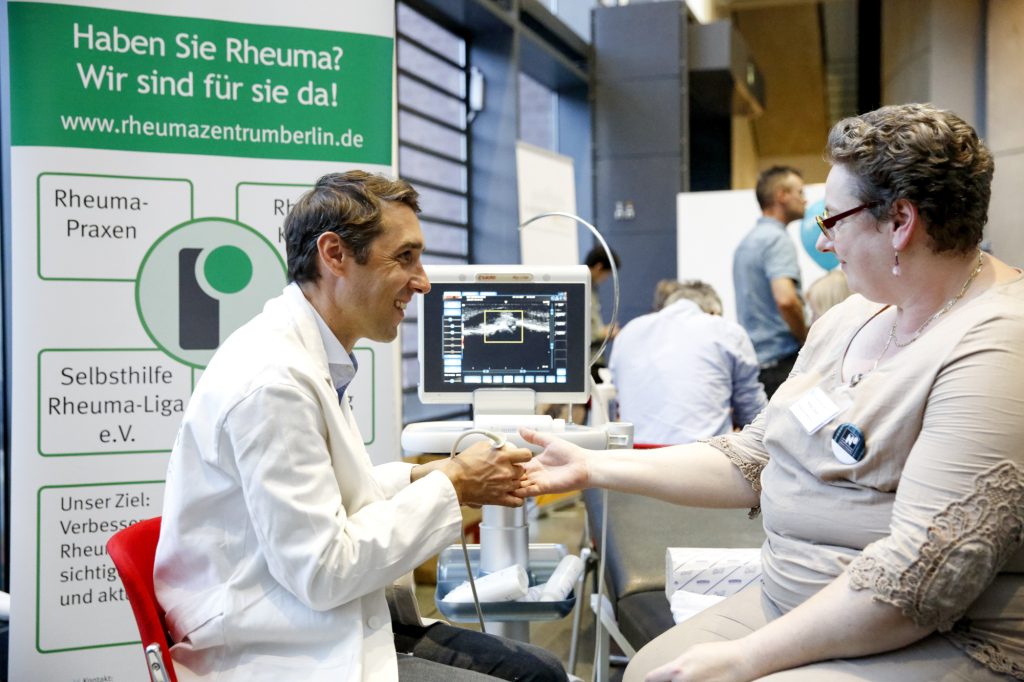
Rheumatic Diseases: Treatable but Not Curable
Thanks to significant advances in research and therapy, the symptoms of inflammatory rheumatic diseases can now be significantly alleviated. However, most patients must take medication for life, as inflammation tends to return once treatment is stopped. There is still a great need for further research in this area, which the DRFZ has been pursuing for over 30 years.


